There seems to be a desire for opacity when it comes to confronting China, points out Aakar Patel.
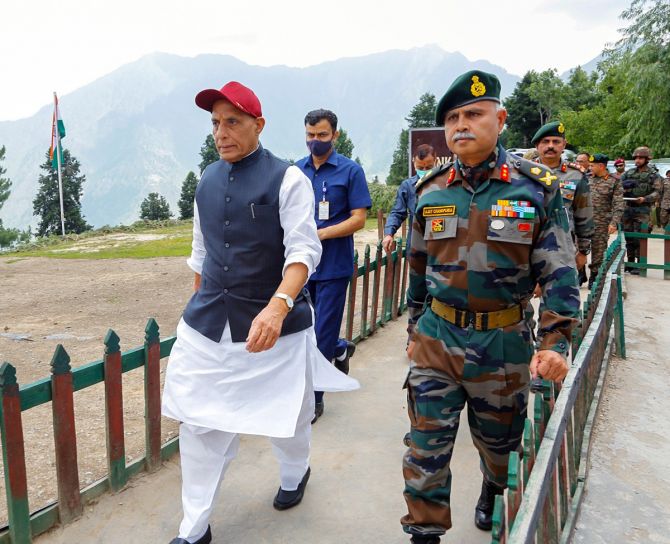
Democracies have the asset of transparency that tyrannies lack.
People power tends to consolidate behind the State when the people are participants in, and informed about, decision-making.
This is not possible, or is less possible, in a tyranny because information is a tool and often a weapon.
Transparency is especially useful when difficult decisions are to be taken.
A population is more willing to suffer when it knows what it is suffering for, and that it is not easy for the state to alleviate the suffering.
A clash between India and China occurred again this month.
Fortunately, it was not fatal, though some Indian soldiers were hurt and perhaps some on the other side also.
Indians, including Parliament and the Opposition, were not told of this clash till it was leaked by someone on the inside to the media three days later.
The following day, it was reported that the defence minister was now being briefed at a 'high-level meeting' (what other sort of meeting level would there be for a Union minister? But such is the nomenclature that this government deploys).
Why he had not been briefed the day it happened or the following day is not clear.
Perhaps, it was the case that the army thought that this clash was not important enough to report to the political establishment.
If so, this is worrying. Already discussions on disengagement with the People's Liberation Army have been farmed out from the political establishment to the military. Or perhaps, it was the case that he had been actually briefed previously, and the second meeting was something purely for media consumption, particularly because Parliament is in session.
If so, this is more acceptable. There is nothing harmful in a bit of showmanship.
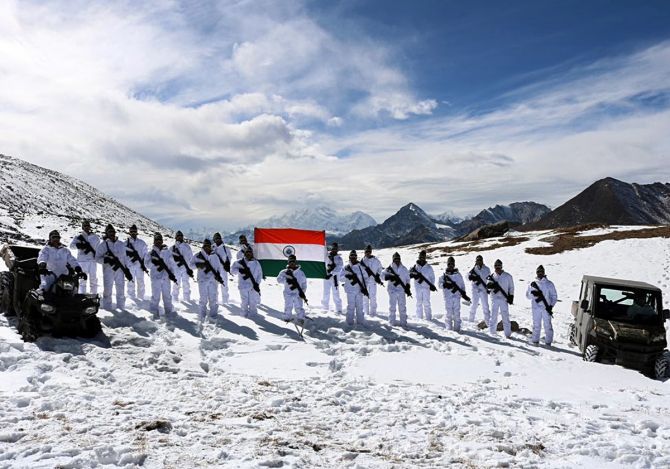
The third possibility is that the government did not intend to communicate that the clash had happened to the people, and was forced to act only because the report leaked.
The meeting in this scenario is part of the show of activity to communicate control.
This is the most worrying scenario of the lot, and not only because it ignores the transparency aspect.
A British newspaper reported that 'India is covering up the true extent of border clashes with China to avoid panicking the public', and that 'army officers are under strict instructions to keep quiet about the regular clashes between Indian and Chinese troops.'
The report, published in The Telegraph, quoting a senior army source, said: 'We get directions from the top not to discuss these incidents and the reason seems to be political. It seems the Bharatiya Janata Party (BJP) wants to play down the crisis with China.'
It appears to be part of a pattern. When the clash in Galwan happened in 2020, information was not released as it should have been and when it should have been.
The fatalities aside, even the fact that there had been Indians captive and then released was not revealed.
Till this time, there has been no military briefing to the media on the issue either, which is remarkable given the strategic nature of the threat.
A year ago, it was reported that a question by a BJP MP on whether the Chinese had crossed the Line of Actual Control was disallowed in Parliament.
The reason given was that the issue was 'sensitive' and therefore couldn't be made public.
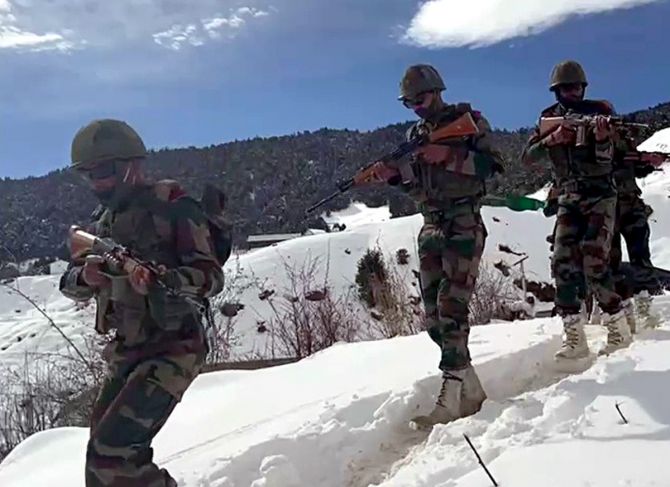
There seems to be a desire for opacity when it comes to confronting China, which has been coded into the Indian establishment.
Nehru knew that the border on both the western sector (Ladakh) and eastern sector (Arunachal Pradesh) was problematic.
The fact that what Nehru had inherited was an aggressively expansionist imperial and colonial State was not a secret. Following from there, surely its boundaries would be challenged.
His belligerence despite this knowledge was most likely because he felt that the population -- the Indian people -- would not accept anything other than the lines that the maps showed, even though these were lines the Indian government unilaterally drew.
Those lines remain, at least on our maps, though they have been eroded on the ground.
It would alarm and distress most of us if we saw what the physical position was, compared to the anthropomorphic form of the motherland.
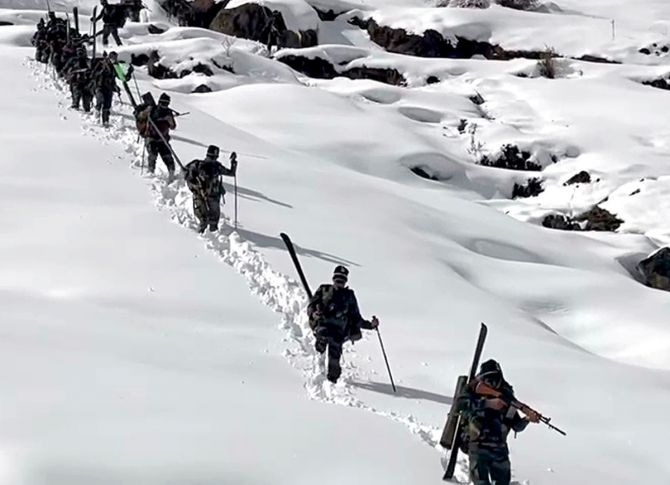
Even after the 1962 War, India chose opacity.
Nehru's papers were hidden away as was the report on the war with China.
Material that is important to understand why the war happened in the first place and the background to the border and its cartography is still coming out only in dribs and drabs.
The latest being the book by Avtar Singh Bhasin of the ministry of external affairs, which lays out the picture with great clarity.
Indeed, even the Tibetan government in exile, refers to the position of Tawang in a way that many will find surprising.
We would benefit from transparency here.
Instead we are led away from the problem and fed video clips of the past and myths about how India was deliberately prevented from taking a seat on the Security Council, as if it were a lollipop that was offered and refused.
It is the same nationalism that clouded our decision-making six decades ago that remains with us.
We have a prime minister who is immensely popular, possibly the most beloved leader we have ever had, and one who can and has sold hardship before, even that caused gratuitously by his own government.
The paradox is that his popularity stems from his hard and unyielding nationalism.
It appears that transparency is running into this contradiction.
This is limiting India's options, because clearly we are not making full use of our democratic power. And all this time, the problem that we are wishing away appears to be building on the horizon.
Aakar Patel is a columnist and writer and you can read Aakar's earlier columns here.
Feature Presentation: Rajesh Alva/Rediff.com



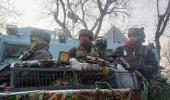








 © 2025
© 2025